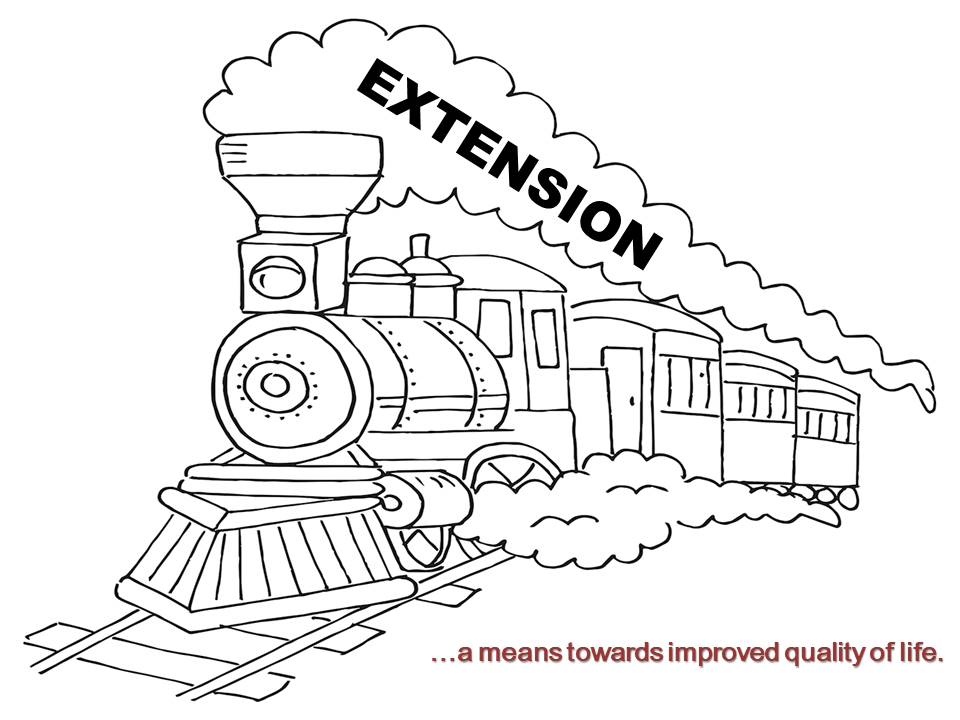
Rationale
The history of agricultural development re-echoes extension’s contribution experienced by many nations. Undeniably, until today, extension education remains an essential catalyst that spurs development in agriculture whereby extension practitioners delve on and respond to societal issues.
Within the extension education discipline, human resource development is both a goal and product both in the formal and non-formal education settings. The challenge, however, has been on how extension workers can respond functionally to the diverse needs of various sectors. Extension professionalism, therefore, should be strengthened through a science-based practice of extension. While doing so, its practice should be anchored on the principles and philosophies on extension.
CED 240 seeks to provide students and development practitioners with science-based practice of extension through analysis of theories and frameworks. Equipped with analytical understanding, it is hoped that extension workers may respond appropriately to the growing diverse needs and issues. It is a core course of MS and PhD in Extension Education which can be taken during the first semester.
Course Objectives
a) explain the contexts whereby extension performs its major tasks in development;
b) discuss theoretical bases for the emergence of extension science;
c) analyze the concept of extension as a tool for inducing behavioral change;
d) analyze issues in the practice of extension that affect behavioural and quality social life; and
e) formulate a research agenda to further the growth of extension science.
